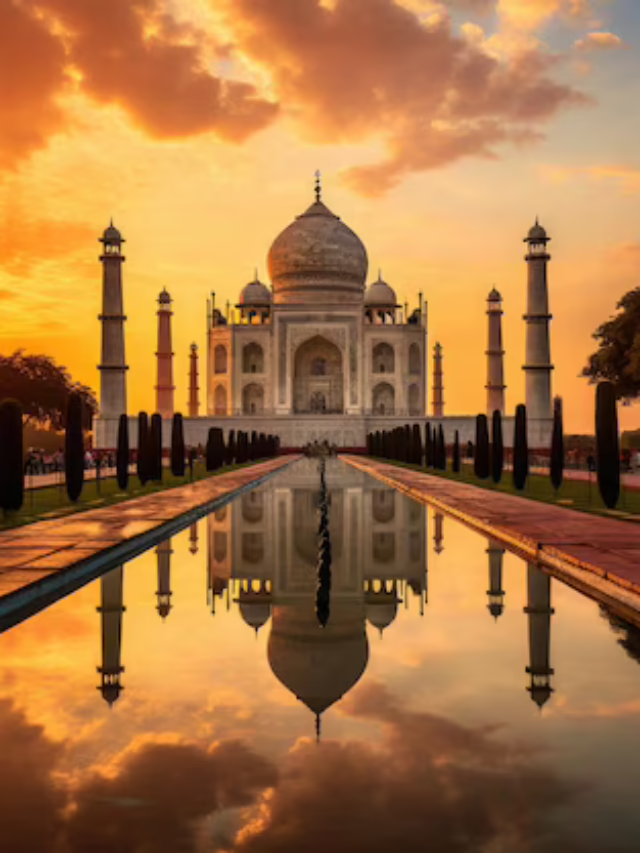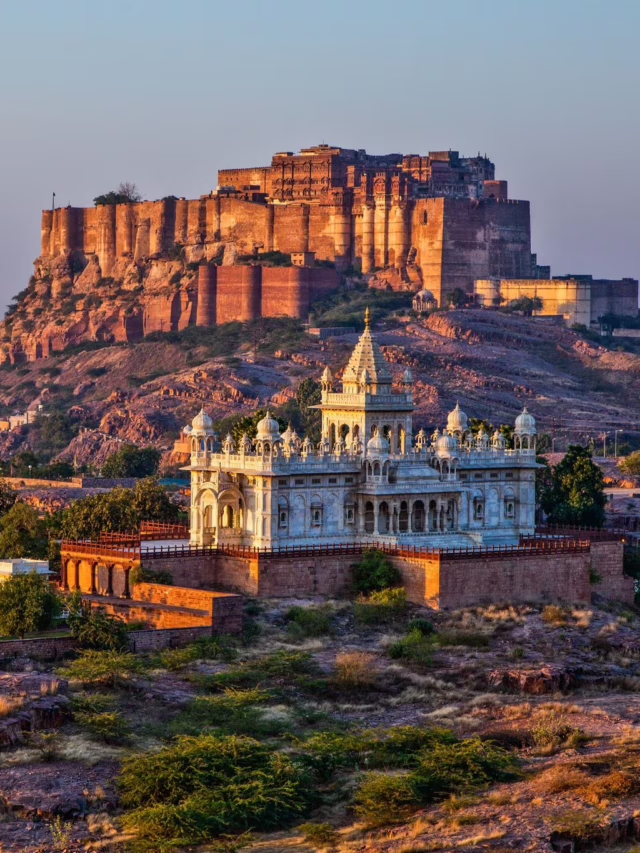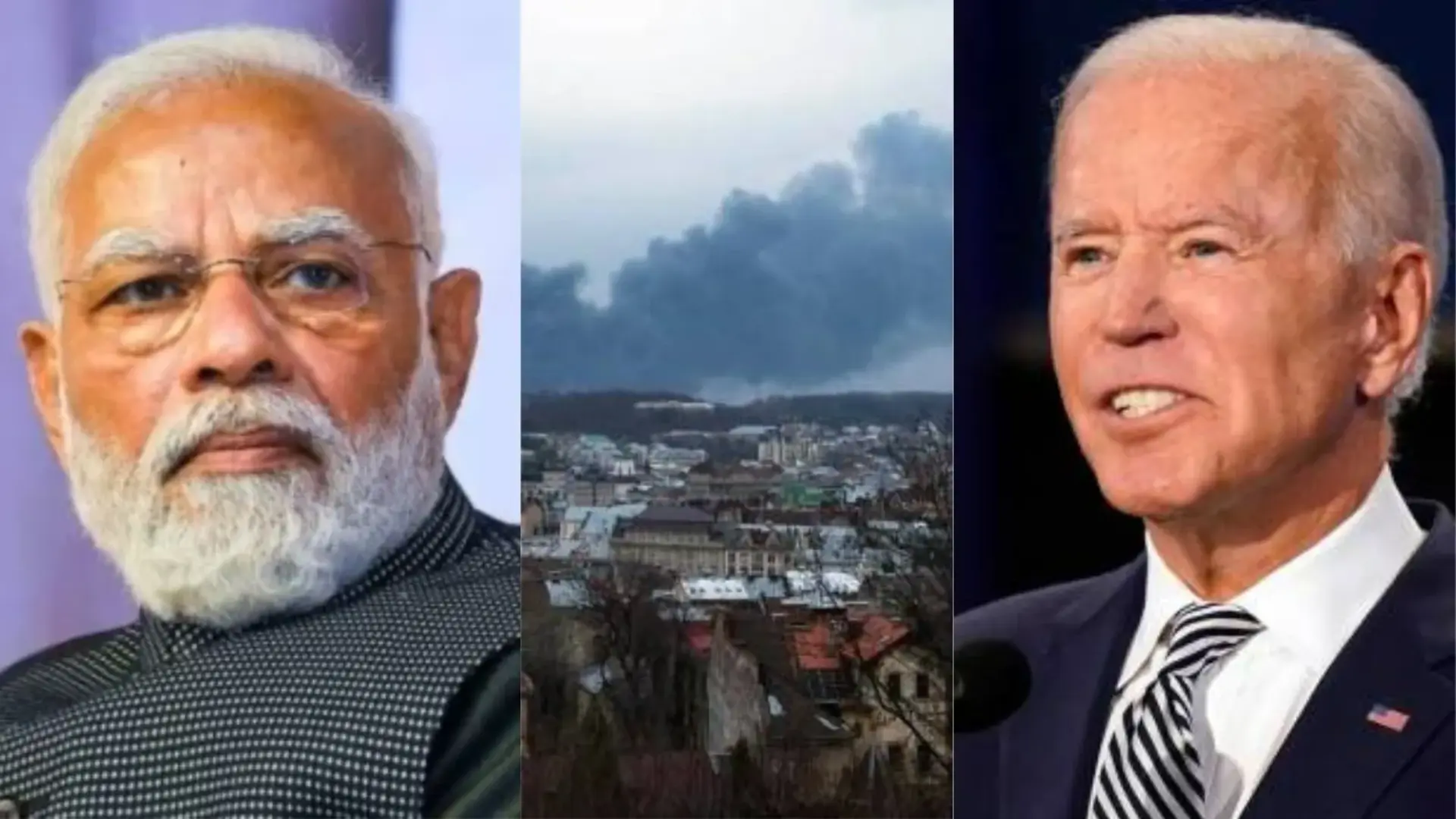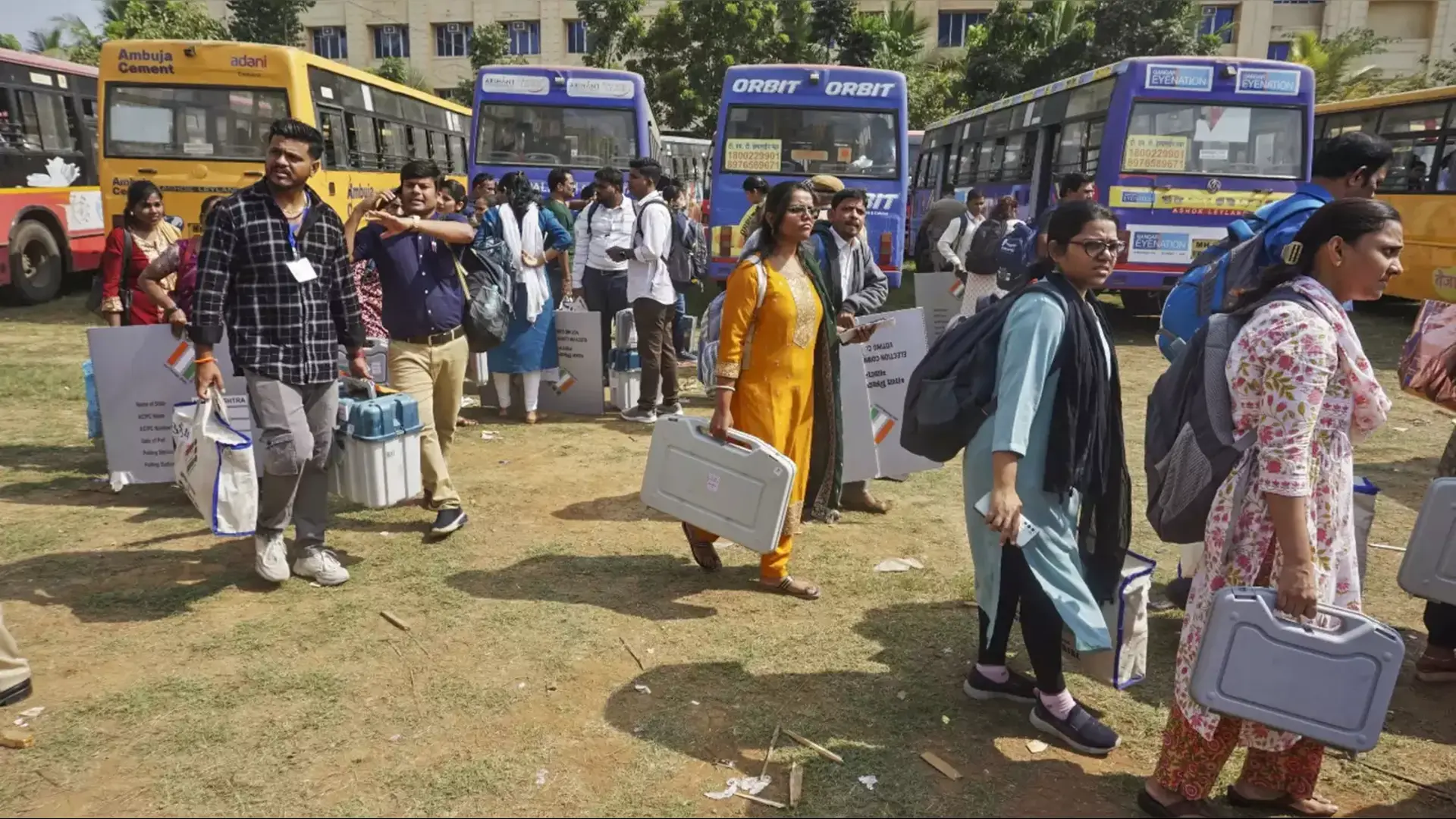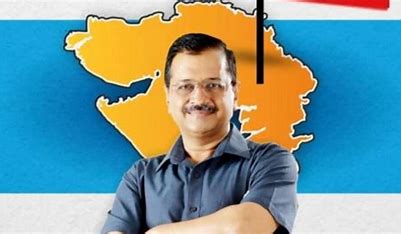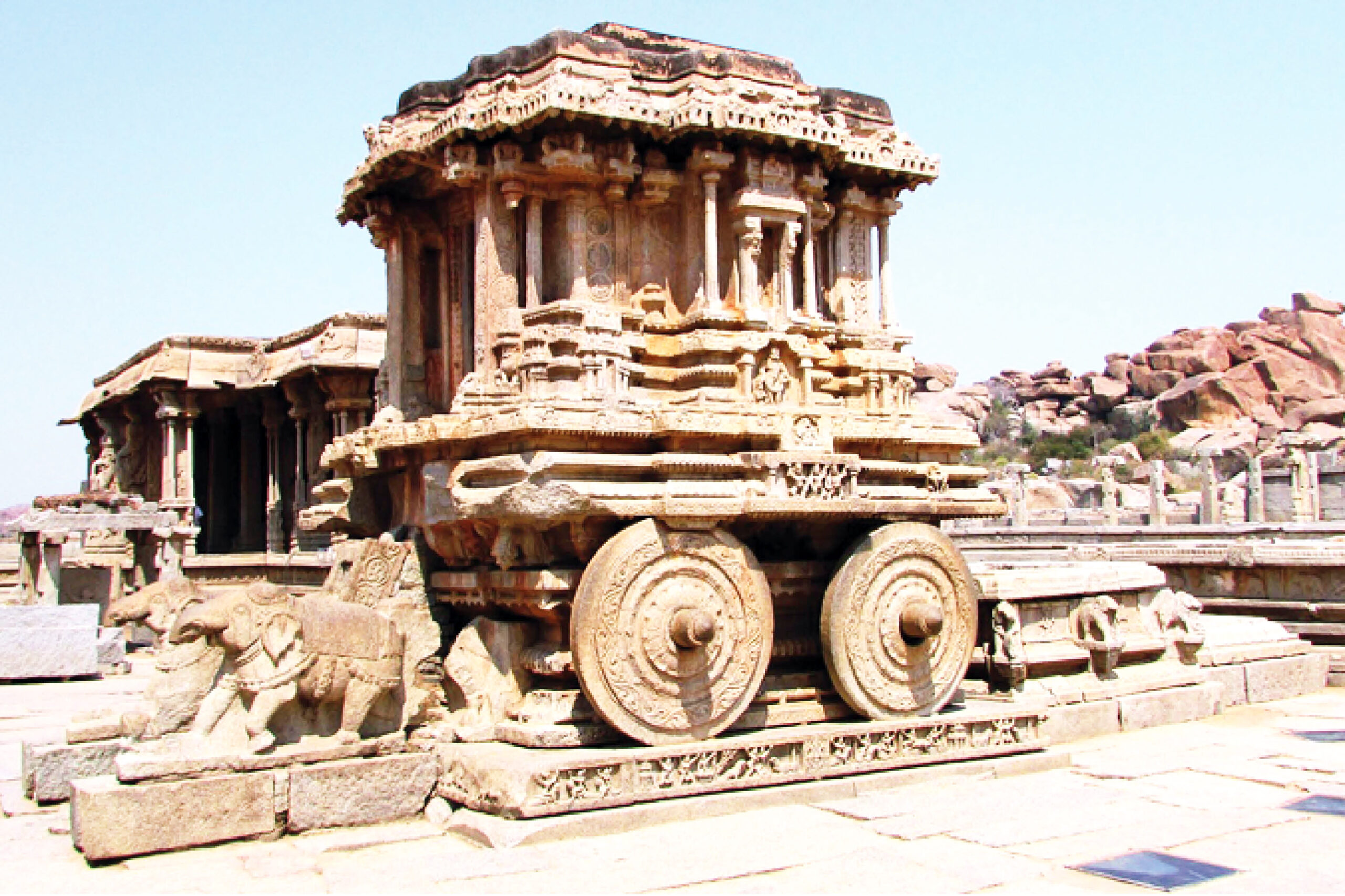Gambling is a popular pastime in India, with research suggesting at least 80% of Indians gamble at least once a year. The legality of gambling, however, varies from state to state. Some states, such as Goa, have legalised casinos, with the state benefiting from approximately ₹135 crores income per year.
Alongside Goa, Daman and Sikkim also allow in-person casinos to operate. At present, there are two casinos in Sikkim and 10 in Goa, four of which are ‘floating casinos’ operating on the Mandovi River. The Deltin Casino in Daman is the state’s first.
Online gambling is proving to be quite the hit for Indians too, particularly when there is a solid level of interaction on the platform. Some sites even let you see the game being played live, such as the live casino Bodog from Canada offers to its players. This gives people the feeling of being in the casino from the comfort of their own home, and has huge potential for virtual reality casino experiences in the future.
But online gambling is very much in its infancy in India. Up until very recently, there were no federal laws relating to gambling or betting online, although a few individual states have recently enacted specific laws to stop this activity. However, as the Indian government wakes up to the new trend for online gambling, its future hangs in the balance.
In 2022, the Indian government announced plans to implement a new gambling law that would replace the current legislation covering gambling – an ancient piece of law called the Public Gambling Act of 1867. We take a look at how this could affect the online gaming and gambling industries in the future.
What’s happening with online gaming in India?
The latest development in the effort to establish new online gaming laws came about in January 2023 with the publication of the government’s new rules. Within this, it was said that a series of ‘self regulatory’ bodies would be created to oversee the sector. In particular, this would affect online gambling, which the Indian government defines as any game where the player ‘deposits with the expectation of winning.’
The government hasn’t specified any games or websites that may be banned under the new rules, although Reuters reports that gaming companies wishing to enter the market would require approval. The amendments also specify that companies appoint a chief compliance officer to ensure they are compliant with the laws.
In practice, the new rules mean that the government is not specifically outlawing online
gambling. Rather, it wants gaming companies to set up their own regulatory bodies, which will then create the rules for online gambling. It’s a far cry from the ‘complete oversight’ Prime Minister Narendra Modi’s office told the Economic Times it wanted last year.
At the time, the regulations were expected to give India’s government a much tighter rein on the online gaming and gambling industries. The proliferation of games that encourage user spend had become of concern to Modi’s government after reports came in of people getting into financial difficulties through unregulated, uncontrolled use of these services.
Although Modi plans to hand the control of the industry down to gaming firms, any regulation has to be better than none at all. Wrapped into the oversight will undoubtedly be some elements of consumer protection and responsible deposit limitation rolled into the recommendations of the self-regulating organisations.
Does this mean online gambling will be legal all over India?
At present, it is not illegal for non-Indian casinos to target their websites at Indian players. They are required to offer Indian Rupees (INR) as a form of payment, and they must be within the law relating to things like money laundering, foreign exchange management and consumer protection.
However, as with all things India, the state-by-state regulations may mean things are different in practice. To add some context to this, Telangana was the first state to outright ban online gambling way back in 2017. Other states have also banned online gambling, including Maharashtra and Andhra Pradesh.
For some states, legislation is still making its way through the various processes required before it can become law. Puducherry, for example, is expected to ban online gambling in the next few weeks. Tamil Nadu has passed a bill to ban online gambling in the state for the second time, after state governor R N Ravi had returned it for reconsideration. For example, Tamil proposes implementing three months imprisonment or a fine of Rs 5,000 (or both) for those breaking the law.
For now, some states will allow you to gamble online; others won’t. The government is falling short of implementing a nationwide restriction, and much is being left in the hands of the local assemblies and, beyond that, with gaming companies themselves. It will certainly be interesting to watch how this plays out in the months ahead.












